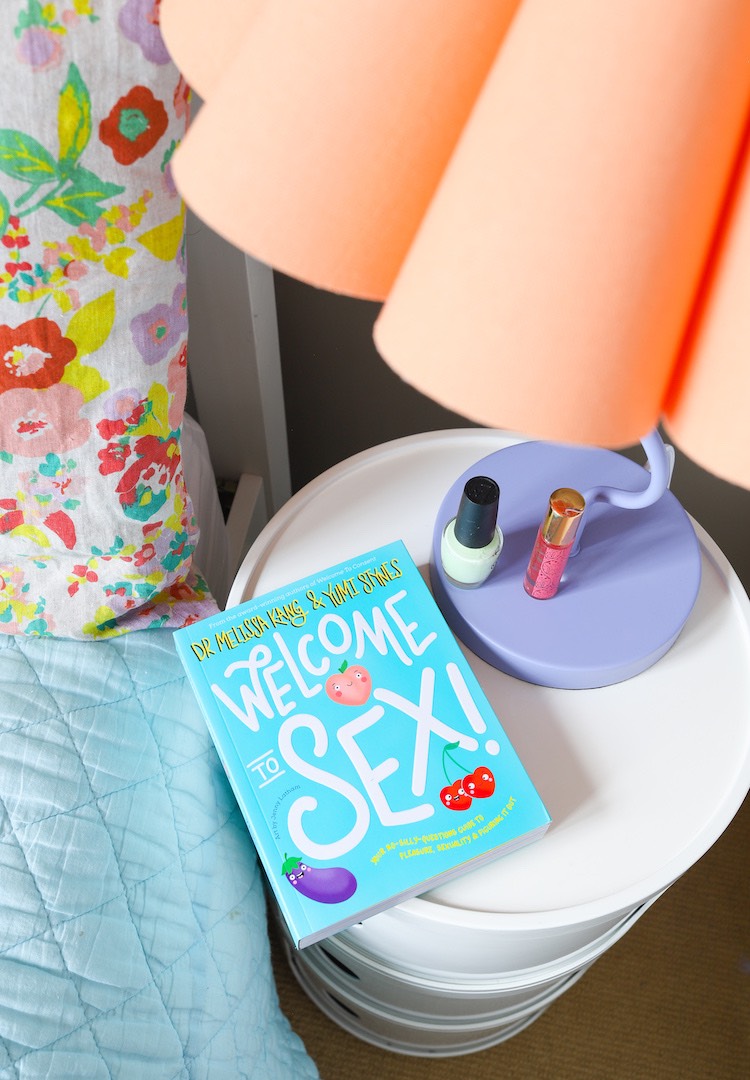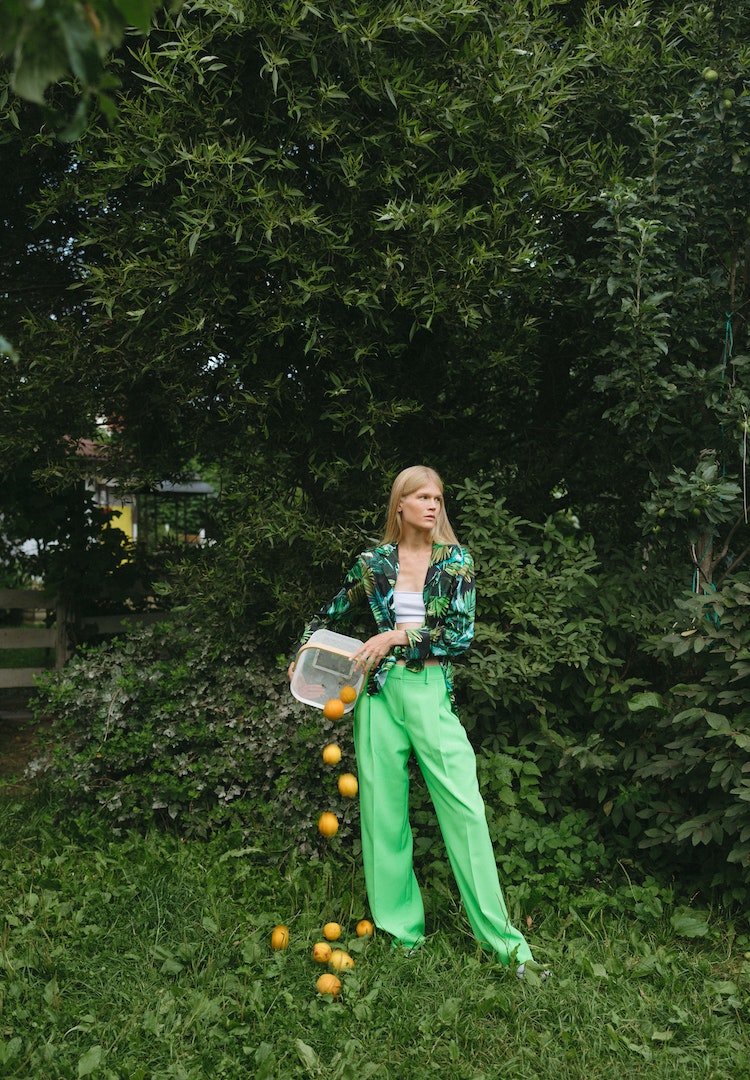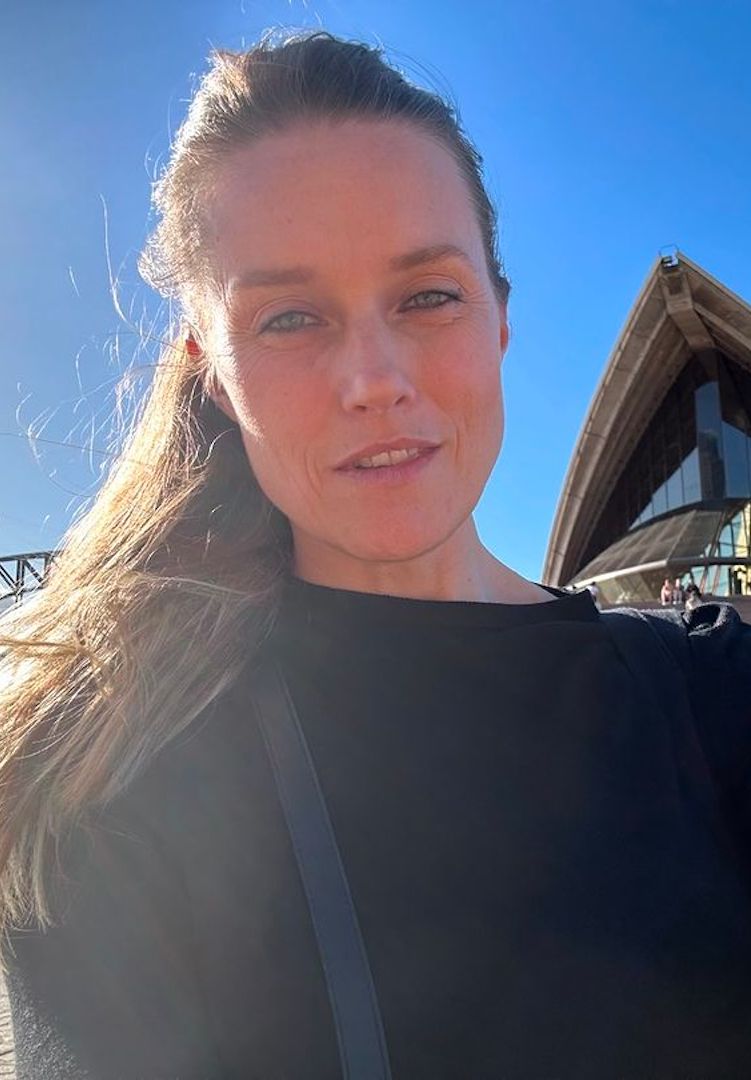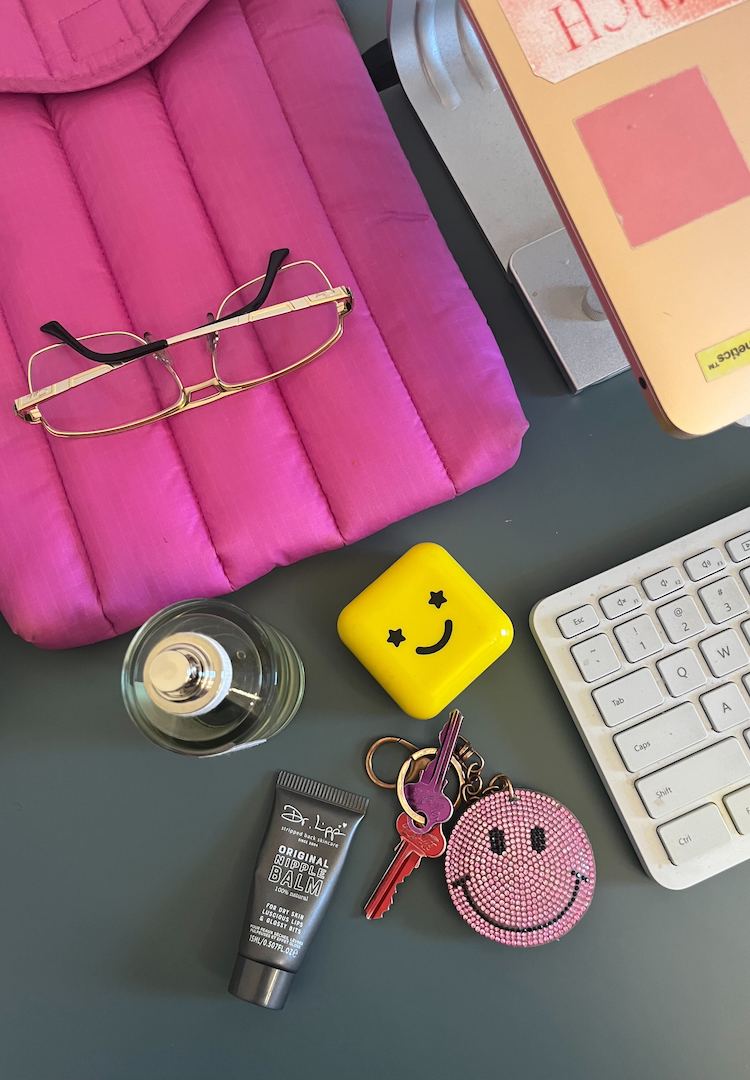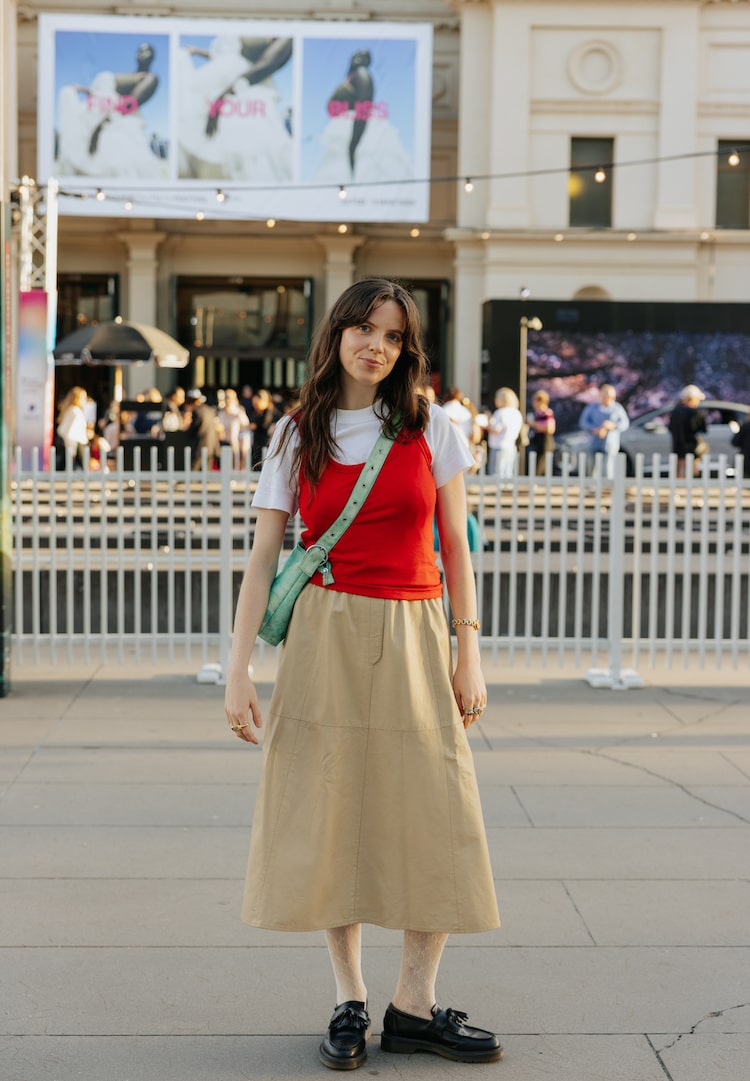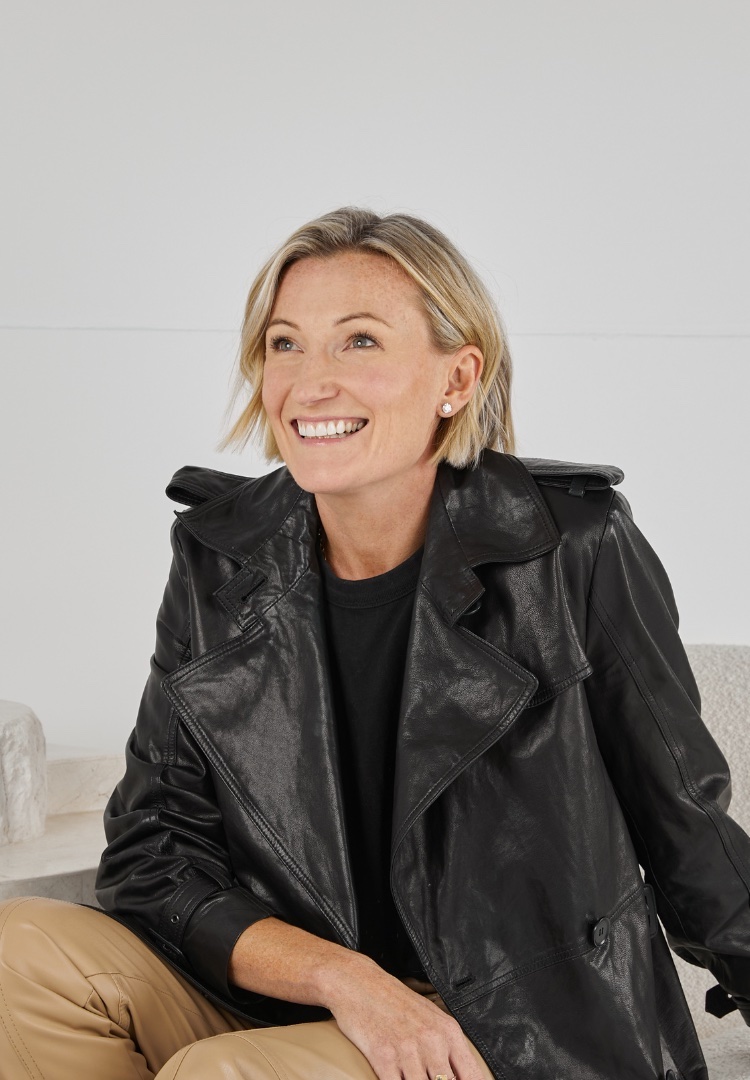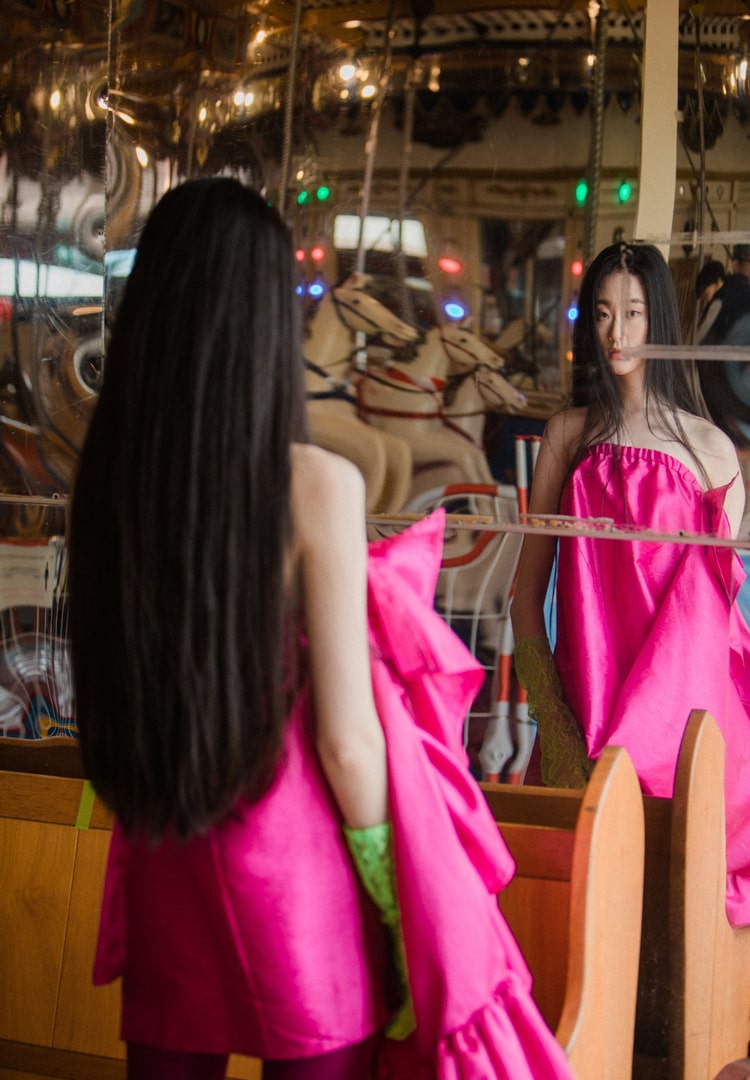What happens when work becomes your whole identity?
WORDS BY SHEENA MCGORLICK
Saying goodbye to the career protagonist.
I recently finished a book called Convenience Store Woman by Sayaka Murata. It’s about a 36-year-old who has been working in the same convenience store for 18 years. Everyone close to her wishes she’d get a better job, but she is happy, fulfilled and content with what some would classify as a mundane life.
Even though humans are complex, multifaceted beings, our identity is more often than not defined by our career path. How many times have you been asked by a stranger “So, what do you do with yourself?” or “What field are you in?”. By asking these questions, it helps us paint a picture of where this person fits within society and which box we wish to place them in.
Interested to hear how others navigate the world? Head to our Life section.
Our jobs have become such a part of our identity many don’t know what their self is like without it. For a lot of us, our work selves are the main characters in our lives. So, how do we shift away from these conditioned behaviours and mindsets we have learnt? How do we reclaim our lives from the career protagonist?
Simone Stolzoff, the author of The Good Enough Job, is a strong advocate for reclaiming life from work and parting ways with your career identity. Within his book, Simone asks what it would take to reframe work as a part of life, rather than the entirety of it. Simone started his career as a journalist and reporter and admits that he had always been on the “work beat”.
At age 28, Simone was given the opportunity to leave journalism and join a design firm. This is when he started to question his identity. “The opportunity really threw me through an existential loop,” he tells me. “I felt like I was choosing between two different versions of myself, more than I was choosing between two jobs. That initial kernel of insight led me to research how we had become so intertwined in our jobs. How did our work become our identit[y]?”
Simone admits his younger self used to define life’s ultimate objective as landing his dream job. “I really internalised the wisdom of how we spend our days is how we spend our lives. I thought, we work more than anything else so I might as well try and make… work a reflection of myself. I think that expectation really set me up for a lot of disappointment because I was expecting a job to be a dream which ignored the tedium that exists in every line of work.”
Erin Wallis, a self-confessed former workaholic, agrees with Simone’s thinking. Erin moved from Brisbane to Melbourne in her early twenties for (you guessed it) a new job. She felt there were more career opportunities in Melbourne if she wanted to follow a linear path in advertising. After years of being in the advertising world, she began to question what she really wanted out of life and whether her job was fulfilling and aligned with her values. This is when she decided to make the move into social enterprise consulting, then more recently, into farming.
“On my 29th birthday, I had dinner with friends who were going through all sorts of life milestones – travel, babies, marriage, promotions. It made me feel like I was coasting through life with no purpose. It took some deep personal reflection to reconnect with myself and what was important to me,” she says.
This led her to undertake a master’s degree and the aforementioned career changes. But even after these big shifts, she wasn’t content. “I still wasn’t feeling satisfied [with] my career or my work or my legacy. Over a few years, I think I learnt that I was seeking a lot of external validation about my career and chasing other people’s idea of success and not my own.”
Erin is a prime example of someone that has had the self-awareness to reassess her relationship with her work identity, who has made the necessary changes to ensure her work self is part of her personal identity but isn’t the entirety of it. But this then begs the question, when you choose a career path that aligns with your personal identity, does this blur the lines between personal and professional identity? Do these identities become homogenous, resulting in unclear boundaries between life and work?
Emily Gurr, Creative Director of Beverly Rooftop and influencer with a following of 112,000 people, believes her relationship with her identity has certainly evolved throughout the years. Given she works in the creative industry, she agrees that her personal and professional identities are intertwined.
“We are accustomed to believing that money and fame define success, but as I grow and achieve many milestones I would have once thought that define ‘success’, it still isn’t completely fulfilling,” she tells me. “My life mantra at this stage in life does not revolve around praise or money… it is [about] connection, meeting and developing beautiful relationships.”
Simone’s advice to those that are trying to find sources of meaning outside of work is you have to create intentional non-work time. “Part of the problem with workaholism is that it can be this vicious cycle. You work all the time so you don’t have the time to cultivate other hobbies or other sides of yourself and then you don’t have other hobbies or sides of yourself, so you work all the time,” he says.
“My advice is to first start by carving out space where working is not an option – being intentional about when you are on and off the clock. Secondly, fill that space with active forms of leisure. Which is to say, things other than turning your brain off at the end of the work day.”
Remember that while being ambitious and goal-orientated aren’t bad traits, you still need to carve out space for life. Discover what your values are, start a new hobby, spend quality time with family and friends and don’t feel guilty for binge-watching a TV show. Read, write, dance and sing – the more badly, the better.
While I reread Convenience Store Woman, I will find inspiration and strength from Sayaka for not letting other people’s expectations and views of success affect the way she wanted to live her life. Others may have labelled her as a convenience store woman, but she knew her identity was much more than that.
For more on separating ourselves from our jobs, try this.

